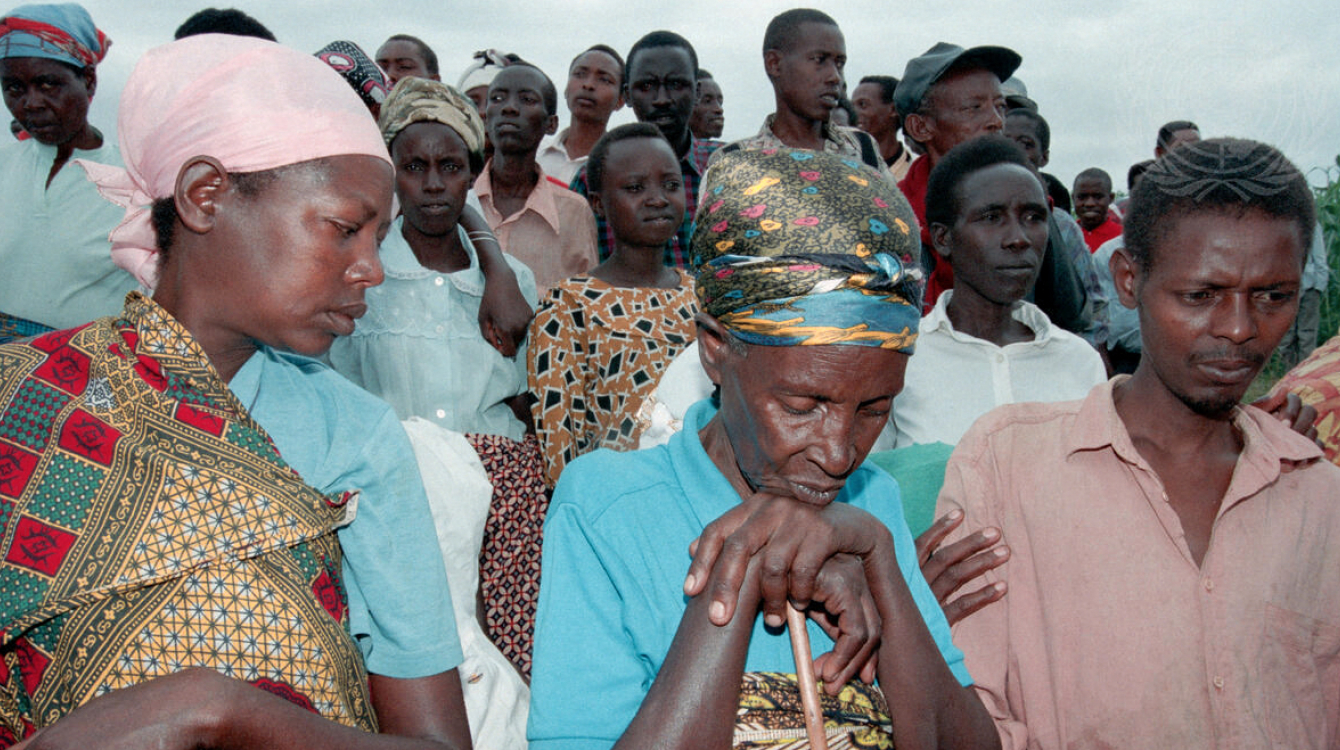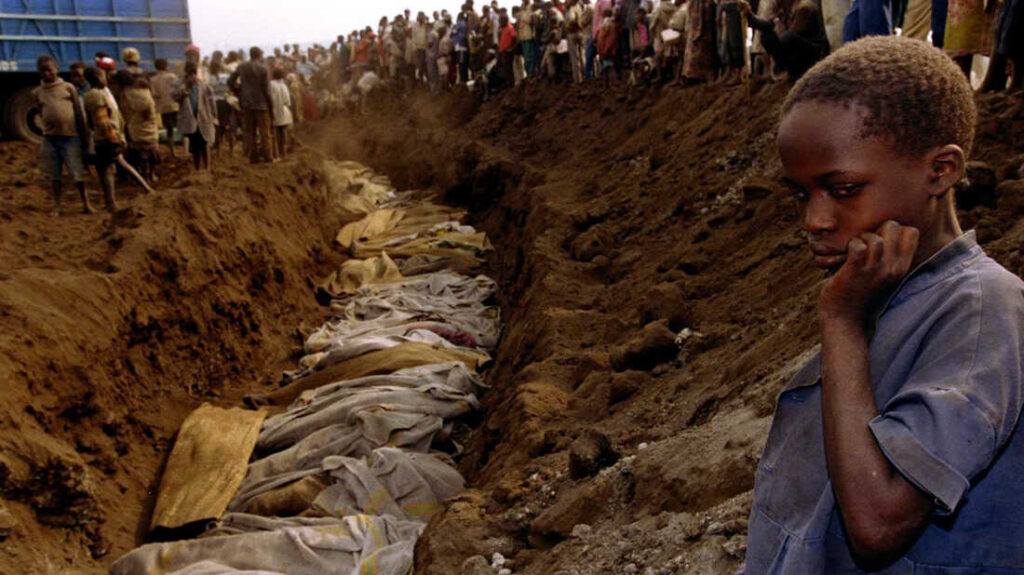What is the Main Cause of Rwanda Genocide
What is the Main Cause of Rwanda Genocide, Prior to discussing the primary cause of the Rwanda Genocide, let us gather some information about the nation. Rwanda is a diminutive landlocked nation located in East-Central Africa, frequently referred to as Africa’s Netherlands because of its celebrated picturesque hills. The country is bordered by Uganda, Burundi, the Democratic Republic of the Congo, and Tanzania. The Hutu mostly engage in agriculture, whilst the Tutsi predominantly raise livestock. The Tutsi governed the predominantly Hutu population for several years.
The Rwandan genocide commenced in 1994 with the assassination of the Rwandan president by an unidentified missile strike on his aircraft. Following the demise of His Excellency Juvenal Habyarimana, the government forces and presidential guard commenced the massacre of Hutus and Tutsis in the adjacent areas within an hour of the president’s death.

The primary motive for the president’s assassination was his Hutu ethnicity, amidst governmental segregation following Rwanda’s independence. The Hutu populace opposed Tutsi participation in governance, culminating in the president’s murder and subsequent reprisals against the Tutsi community by the Hutu. Victims were identified through national identity cards indicating their tribal affiliations.
The primary catalyst of the Rwandan genocide was the animosity between the Hutu and Tutsi tribes; additional contributing factors can be examined below. The Rwandan Patriotic Front initiated a civil war, capitalizing on the nation’s turmoil during the period when presidential guards were perpetrating killings. This was a group of refugees who sought asylum in the country following the president’s assassination. The Hutu sought to eradicate every Tutsi in Rwanda through widespread killings. Prior to the assassination of the president, the Rwandan Hutu army engaged in combat with the Ugandan-based Tutsi insurgents from 1990 to 1993. Subsequently, they initiated plans to eradicate the whole Tutsi population, asserting that they were the primary issue in Rwanda, by recruiting and training paramilitary factions.
A primary reason of the Rwandan genocide is the Belgian colonial administration, which deprived the Hutu of political authority and educational opportunities. The Tutsi were deemed superior to the Hutu by their colonial rulers, with German and Belgian colonizers employing Tutsi monarchs and leaders to exert control over Rwanda. A political movement initiated by the Hutu against the Tutsi in 1959 resulted in extensive deaths and the overthrow of King Kigeli V, subsequently causing the exile of several Tutsis to neighboring nations. The territory was partitioned by King Charles between two factions, which the Tutsi perceived unfavorably.

By the late 1960s, the Hutu administration had established anti-Tutsi campaigns following one of the unsuccessful Tutsi offensives, during which over 9,000 Tutsi civilians were assaulted in 1963. Juvenal’s administration denied refugees reentry, asserting that the nation was already overpopulated and lacked capacity. Discrimination became entrenched when a man in the Rwandan army was prohibited from marrying any Tutsi lady. The Rwandan genocide commenced in Kigali, targeting the Tutsi and other opposition members. Roadblocks were established in Kigali, and brutal assaults against the Tutsi occurred nationwide.
Rwandan radio stations disseminated their hit lists and guided the perpetrators to the whereabouts of the Tutsis. The animosity between the Hutu and Tutsi can be attributed to the Tutsi king, known as Mwami, whom the Tutsi regarded as semi-divine. Mwami was bestowed with numerous herds of cattle, extensive land holdings, and taxes collected from both the Tutsi and Hutu populations. Despite Rwanda’s tumultuous history, it is currently a tranquil and secure destination for visitors. It has been dubbed the “Netherlands of Africa” due to its picturesque hills. Tourists can explore the country and encounter significant sites related to the Rwandan genocide to gain further insight. They may also explore the magnificent volcanic massif, where extensive knowledge about the gem of Africa can be acquired.
